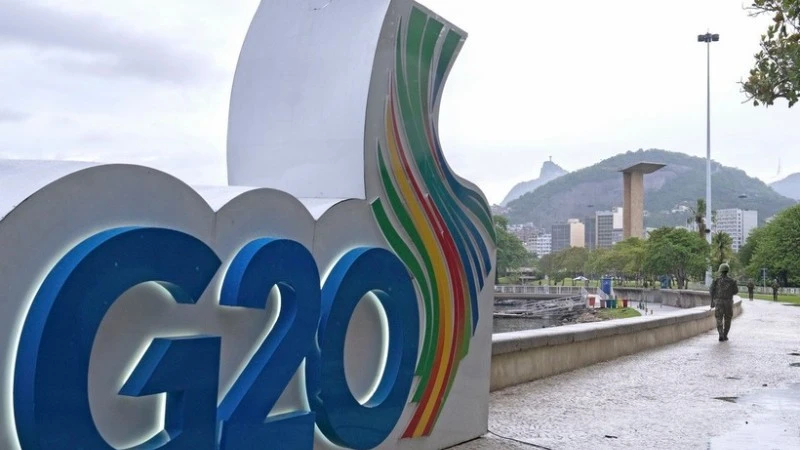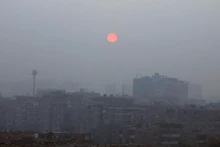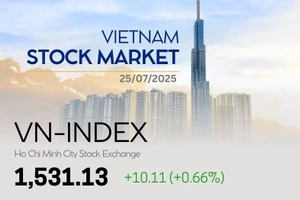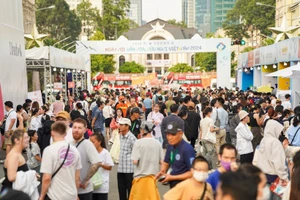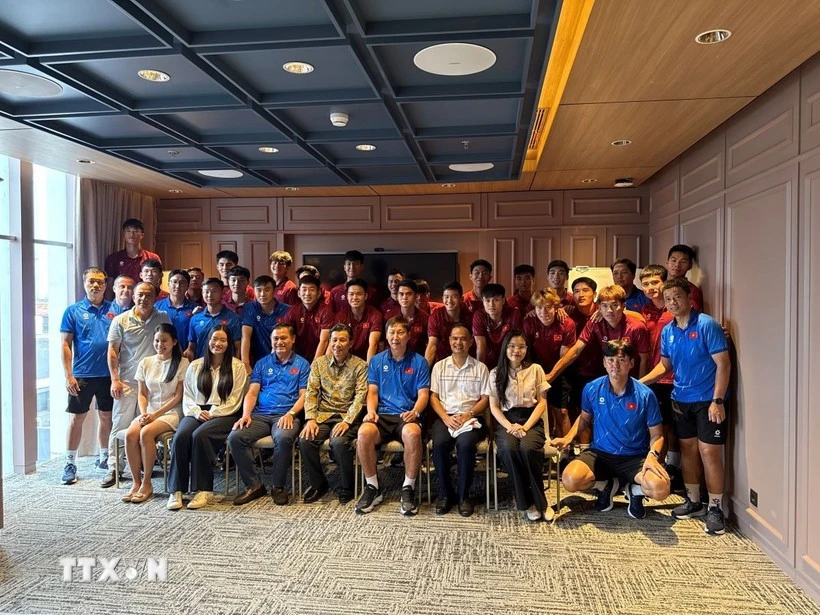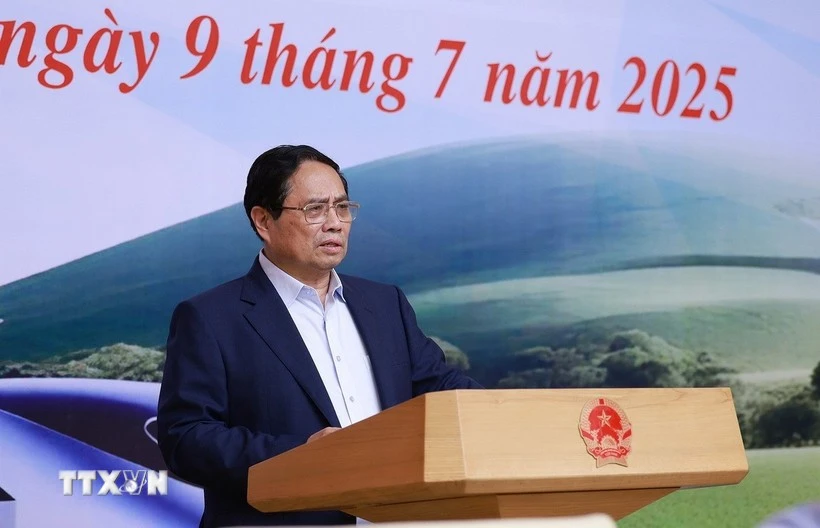
Driver for economic growth
This year’s World Population Day (July 11) marks new achievements in global efforts to improve healthcare and raise living standards. However, shadows still loom over the global population picture, threatening to stall progress toward the Sustainable Development Goals (SDGs).
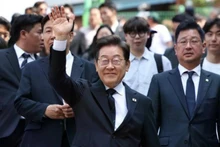
RoK President on a mission to maintain unity and prosperity
Republic of Korea (RoK) President Lee Jae Myung has marked his first month in office by unveiling a bold, decisive plan, with top priority given to revitalising the economy and restoring the livelihoods of the people. The “new breeze” brought by the President is expected to return the country to a path of stable and prosperous development.
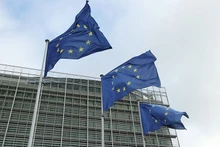
Towards a green future
The European Commission (EC) has recently announced a target to cut greenhouse gas emissions by 90% by 2040 compared to 1990 levels, sending a strong signal of the European Union’s (EU) leadership in the global fight against climate change.
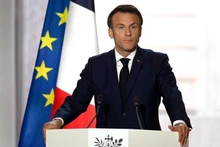
French President visits UK to "reset" relations: A step in the right direction
The relationship between the United Kingdom and France, two nations holding important position in Europe, is showing promising signs of improvement as French President Emmanuel Macron pays a state visit to the UK from July 8 to 10.
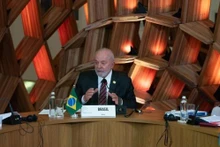
Mercosur opens doors to greater global integration
The Mercosur Summit has just concluded in Argentina, with member states reaffirming their commitment to enhancing the bloc’s competitiveness and accelerating its integration into the global economy.
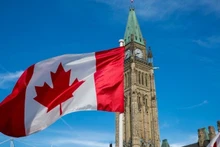
Canada’s efforts to define national identity
At a pivotal time when Canada is facing significant external pressures related to its identity, sovereignty, and economy, a powerful wave of national pride is surging, most vividly expressed during this year’s Canada Day celebrations. The North American nation now stands before the challenge of shaping its national identity.

AI and energy dilemma
The rapid rise of artificial intelligence (AI) has brought about remarkable technological advances, reshaping the world in unprecedented ways. However, scientists are raising concerns that this booming industry consumes an enormous amount of electricity, potentially becoming a key driver of global energy resource depletion.

EU–Africa relations: Partnering for development
Relations between the EU and Africa are witnessing a historic turning point as they rapidly shift from a model purely focused on development aid to one of equal and mutually beneficial cooperation. This shift not only opens new development opportunities for the African continent but also helps EU countries solve difficult problems of migration and energy.
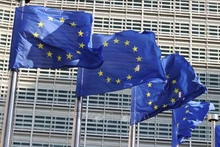
Shaping Europe’s future
The European Union (EU) Summit concluded this weekend in Brussels, Belgium, amid high expectations of charting the future course of Europe.

Syria enters critical reconstruction phase
The World Bank (WB) has approved over 1 billion USD for infrastructure and reconstruction projects in Iraq, Syria and Lebanon, with Syria—devastated by 14 years of conflict—receiving 146 million USD.
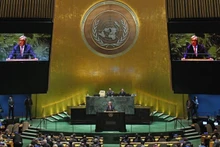
Mission of peacekeeping, promoting sustainable development
Eighty years since its founding, despite facing a series of intertwined challenges, the United Nations (UN) still asserts its role as the world’s largest multilateral organisation, steadfast in its mission to safeguard peace, ensure security, and foster sustainable development for humanity.
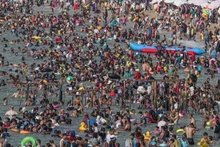
Adapting to severe climate change: A matter of survival for the entire planet
Amidst escalating threats to human life, the international community is stepping up cooperation to curb the effects of climate change.
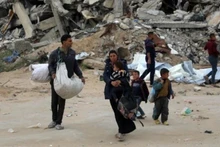
Striving for a better future
Conflicts across multiple regions, from the Middle East and Africa to Ukraine and Asia, are creating increasingly grim milestones in global displacement, sparking deep concern within the international community.
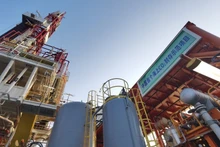
Coping with risk of climate finance breakdown
The host countries of the 30th Conference of the Parties to the United Nations Framework Convention on Climate Change (COP30) are concerned that international lending institutions are retreating from their commitments to support developing countries in addressing climate change.
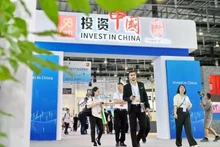
Bleak outlook for global trade in 2025
A new report released by the United Nations Conference on Trade and Development (UNCTAD) reveals that geopolitical tensions and trade wars have caused global foreign direct investment (FDI) to decline for the second consecutive year in 2024. Meanwhile, the global trade landscape for 2025 is projected to be marked by even darker shades.
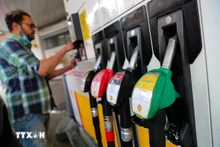
Risk of an energy crisis
A series of retaliatory attacks between Israel and Iran in recent days has seriously destabilised regional security and raised concerns about a potential new economic shock.
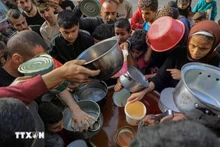
The double humanitarian crisis
Humanitarian work is facing a dual crisis as it struggles with both financial and personnel shortages while increasingly hindered by violence. Paradoxically, even as conflicts intensify around the world, the United Nations has been forced to make substantial cuts to its global humanitarian aid operations.
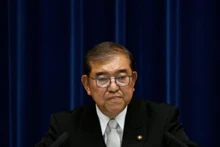
Rising inflationary pressures on Japan’s economy
Policies aimed at addressing rising prices have emerged as one of the central themes capturing voters’ attention ahead of the upcoming Japanese Upper House election. To secure public support, political parties in Japan are placing strong emphasis on this issue.
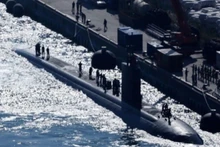
US–UK–Australia security partnership: agreement faces new challenge
The future and implementation process of the trilateral security partnership agreement between the US, the United Kingdom, and Australia — known as the AUKUS pact — in the Indo-Pacific region is facing fresh challenges as the administration of US President Donald Trump announces a review of the landmark agreement, which both Australia and the UK regard as highly significant.
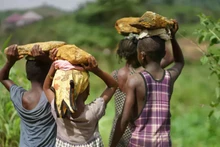
UNICEF highlights the alarming issue of child labour
Instead of attending school and enjoying their childhood, hundreds of millions of children around the world are forced into work, shouldering the heavy burden of supporting their families. The United Nations Children’s Fund (UNICEF) calls on nations to unite in protecting and nurturing the next generation.
